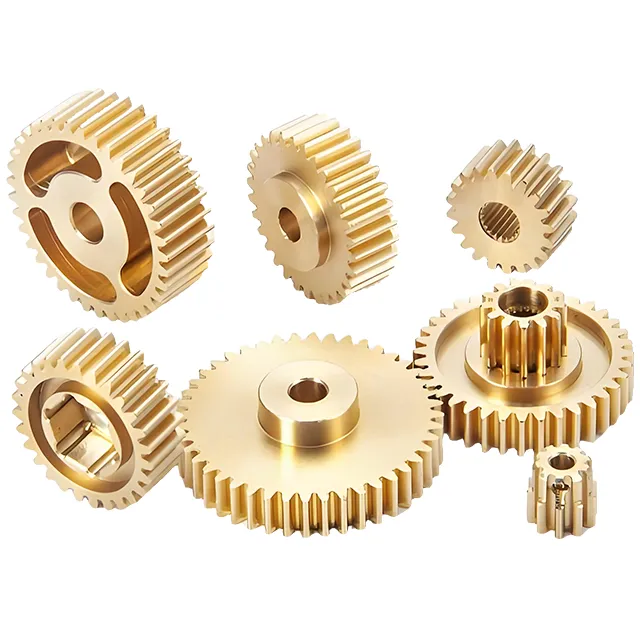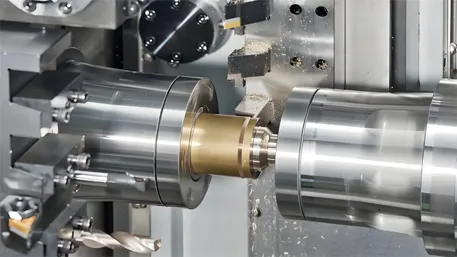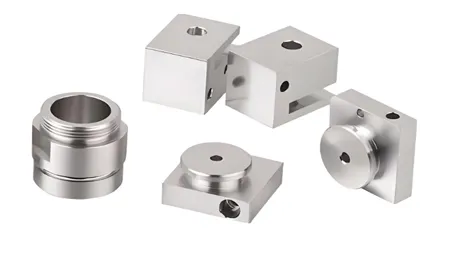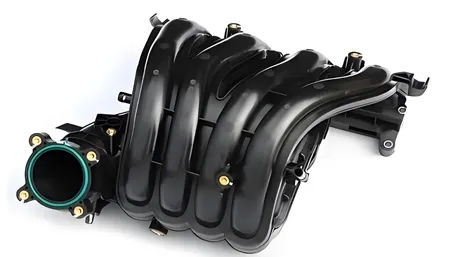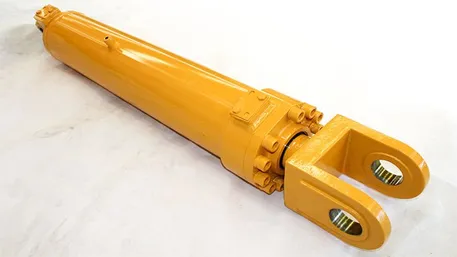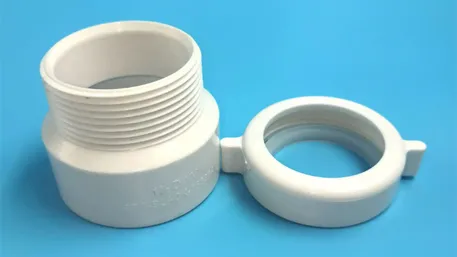In modern manufacturing, aluminum alloy has become a core material in fields such as aerospace, automotive, and electronics due to its low density (about 2.7g/cm³), high specific strength, excellent electrical conductivity, and easy – to – machine characteristics. With the increasing industrial demand for lightweight and precision, the deep integration of CNC (Computer Numerical Control) technology and aluminum alloy processing provides customers with a full – process customization service from design to production. This article will analyze the professionalism and technical value of custom CNC aluminum parts from dimensions such as material properties, technical advantages, process innovation, and application scenarios.
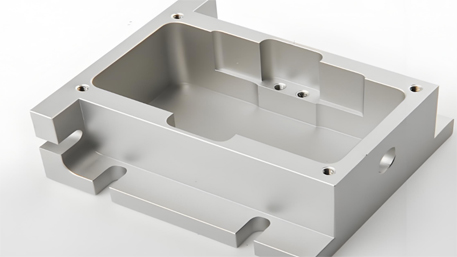
I. Synergistic Advantages of Aluminum Alloy and CNC Technology
Aluminum alloys (such as grades 6061, 7075, etc.) have unique properties: 6061 aluminum alloy has a tensile strength of up to 290MPa, with good corrosion resistance and weldability; 7075 aluminum alloy has higher strength (tensile strength ≥ 572MPa) and is often used in high – requirement scenarios such as aerospace. The digital control ability of CNC technology brings three core advantages to the processing of aluminum alloy parts:
High – precision Machining: CNC machine tools can achieve a dimensional tolerance of ±0.01mm and a surface roughness of Ra≤0.8μm, meeting the strict requirements of precision instruments for part accuracy.
Complex Structure Molding: Five – axis CNC equipment can process complex curved surfaces, thin – wall structures (wall thickness ≤ 0.3mm), and small holes (diameter ≥ 0.5mm) of aluminum alloy, such as the three – dimensional curved surface milling of aircraft engine impellers.
Efficient Production and Cost Optimization: Through high – speed cutting technology (rotation speed 10000 – 20000r/min), the processing efficiency of aluminum alloy is increased by more than 40%, while reducing material waste and lowering production costs.
II. Technical Analysis of the Full – process Customization Service
Requirement Analysis and Material Selection
The customization service begins with an accurate understanding of the application scenario. For example, in the aerospace field, high – strength aluminum alloy (such as 7075 – T6) needs to be selected. Its yield strength ≥ 503MPa can meet the dual requirements of weight reduction and structural strength; for automotive lightweighting, 6061 – T6 aluminum alloy is commonly used, which has balanced comprehensive performance and controllable costs. Engineers match the optimal material for customers by combining mechanical properties, environmental tolerance, and cost.
Process Optimization and Precision Machining
The difficulty in aluminum alloy processing lies in the deformation caused by cutting heat, which can be effectively solved through the following process innovations:
High – speed Cutting Technology: Adopting a high – speed and low – feed strategy to reduce cutting force and heat accumulation. For example, when processing 7075 aluminum alloy, a rotation speed of 15000r/min and a feed of 0.15mm/z can avoid part deformation.
Tool Optimization: Using carbide – coated tools (such as TiAlN coating) in combination with high – pressure internal cooling technology can extend the tool life by 2 – 3 times and reduce the tool – changing frequency.
Five – axis 联动 Machining: It enables multi – surface processing of aluminum alloy parts in one clamping. For example, the complex cavity of an automotive engine block can be formed in one time by five – axis CNC, reducing clamping errors.
Surface Treatment and Function Enhancement
The customization service can provide a variety of surface treatment solutions:
Anodizing: An oxide film is formed on the surface of the aluminum alloy to improve corrosion resistance and wear resistance. The salt – spray test can reach 500 hours without rust, and it can also be colored to meet appearance requirements.
Hard Anodizing: The film thickness can reach more than 50μm, and the hardness is HV300 – 500, significantly improving the wear resistance of parts, which is suitable for moving parts.
Electroless Nickel Plating: The coating thickness is 5 – 20μm, enhancing the electrical conductivity and electromagnetic shielding performance of the aluminum alloy, which is suitable for the shells of electronic components.
Quality Control and Compliance Certification
Custom aluminum alloy parts need to pass strict quality inspections:
Dimensional Inspection: A Coordinate Measuring Machine (CMM) ensures the accuracy of key dimensions. For example, the hole position tolerance of an aerospace aluminum alloy bracket is ≤ ±0.02mm.
Material Inspection: Spectral analysis verifies the composition of the aluminum alloy, and mechanical tests (tensile, impact) confirm the performance indicators. For example, the elongation of 6061 – T6 is ≥ 12%.
Nondestructive Testing: X – ray or ultrasonic testing detects internal defects to ensure the safety of parts, especially suitable for high – risk fields such as aerospace.
III. Typical Application Scenarios and Cases
Aerospace Field
Custom 7075 – T6 aluminum alloy parts (such as aircraft frame components) are precision – processed by CNC, reducing weight by more than 40% while meeting high – strength requirements (fatigue strength ≥ 193MPa), significantly improving aircraft fuel efficiency.
Automotive Lightweighting
The automotive engine cylinder head uses custom A356 aluminum alloy (tensile strength ≥ 221MPa). Through CNC die – casting and precision machining, the weight is reduced by 25% and the heat dissipation efficiency is increased by 30%.
Electronics and Communication
Custom 6063 aluminum alloy heat sinks are formed by CNC milling. The fin thickness is 0.5mm, and the heat dissipation area is increased by 50%, meeting the high – efficiency heat dissipation requirements of 5G base station equipment.
IV. The Value and Future Trends of Customization Services
Custom CNC aluminum alloy parts achieve the combination of lightweight and high – performance by accurately matching requirements. For example, in UAV manufacturing, custom aluminum alloy parts can reduce the fuselage weight by 35% and extend the endurance time by 20%. In the future, with the integration of AI and CNC technology, customization services will become more intelligent:
Digital Twin Technology: Optimize the processing process through virtual simulation, reducing trial – and – error costs and shortening the delivery cycle.
Adaptive Machining System: Real – time monitoring of parameters such as cutting force and temperature, and dynamically adjusting the processing strategy to further improve efficiency and accuracy.
Consult now to get your exclusive customization plan!
Whether it’s high – strength components for aerospace, lightweight structures for automobiles, or precision heat – dissipation solutions for electronic devices, our professional team will combine the advantages of CNC technology and aluminum alloy materials to provide you with a one – stop service from design to delivery. Click to leave a message, and let us customize a high – performance and low – cost aluminum alloy part solution for your project, helping you take the lead in the era of intelligent manufacturing!

